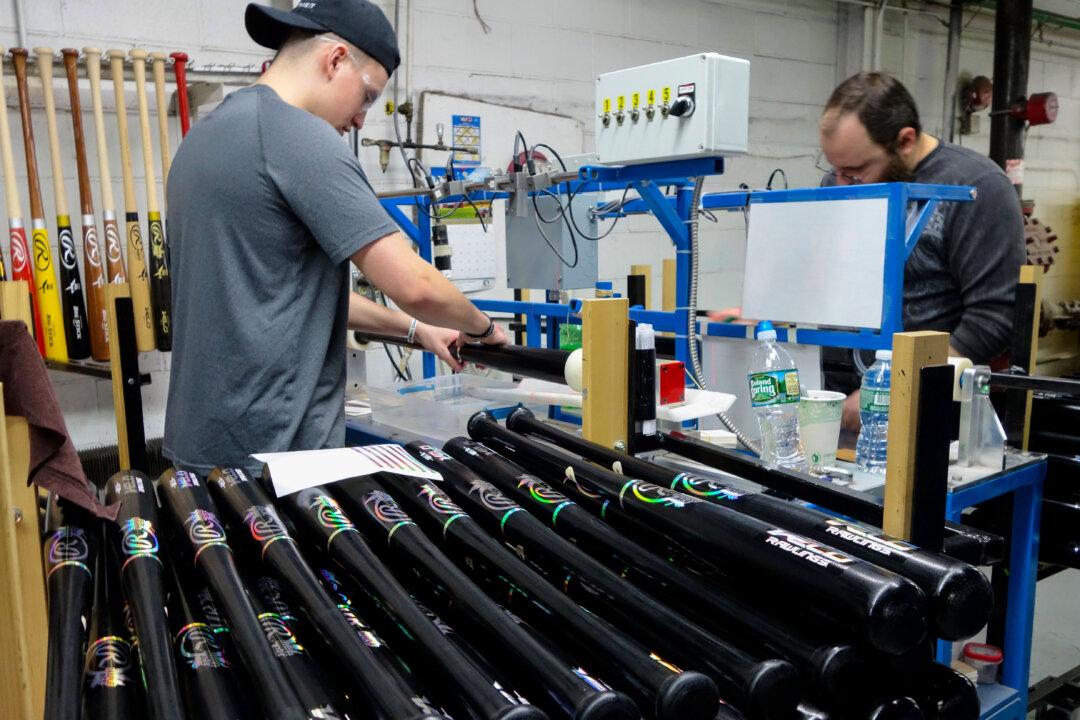Gov. Gretchen Whitmer continues to be discussed as a rising national star in the Democratic party. She is making big decisions to appease those who might one day be put in a position to vote for her in a national election. This week, Ms. Whitmer signed a set of bills forming the Michigan Clean Energy and Jobs Act to make it the Midwest’s most aggressive clean energy state by 2040.
While some climate advocates praise the move, conservatives and local property groups are unhappy with the aggressive environmental plan, which could take over thousands of acres of farmland and place more financial and utility burdens on families.





